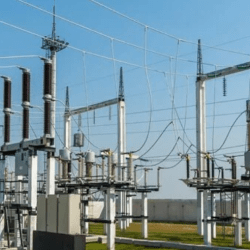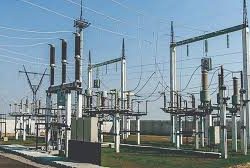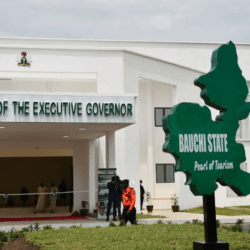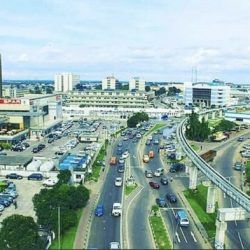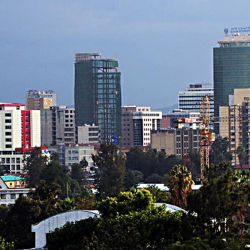The collapse of Nigeria’s national grid twice within 72 hours highlights ongoing issues in the country’s power sector, which has long struggled with reliability and efficiency. Such incidents often lead to widespread power outages across various states, affecting homes, businesses, and essential services like hospitals and industries.
Implications of the National Grid Collapse:
- Economic Impact: Frequent power outages disrupt industrial production, commercial activities, and small businesses, leading to revenue losses. Many businesses are forced to rely on expensive alternatives like generators, increasing operational costs.
- Service Disruptions: Essential services, including healthcare, can face severe challenges. Hospitals may experience interruptions in critical life-saving equipment unless they have robust backup power solutions.
- Increased Cost of Living: Households often turn to generators for power during outages, significantly increasing fuel expenses, especially given fluctuating fuel prices.
- Investment Concerns: Persistent grid instability can deter both local and foreign investors from committing to projects in Nigeria. Power reliability is a critical factor that influences business investment decisions.
- Public Frustration and Security Risks: Widespread outages can lead to public dissatisfaction, potentially triggering protests and posing risks to public order. Darkness and power cuts may also provide opportunities for criminal activities, increasing security concerns.
The recurring collapses underscore systemic issues in infrastructure, maintenance, and energy management that the government and stakeholders need to urgently address.

